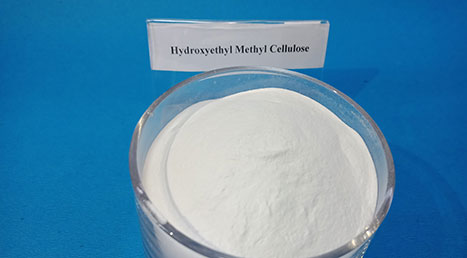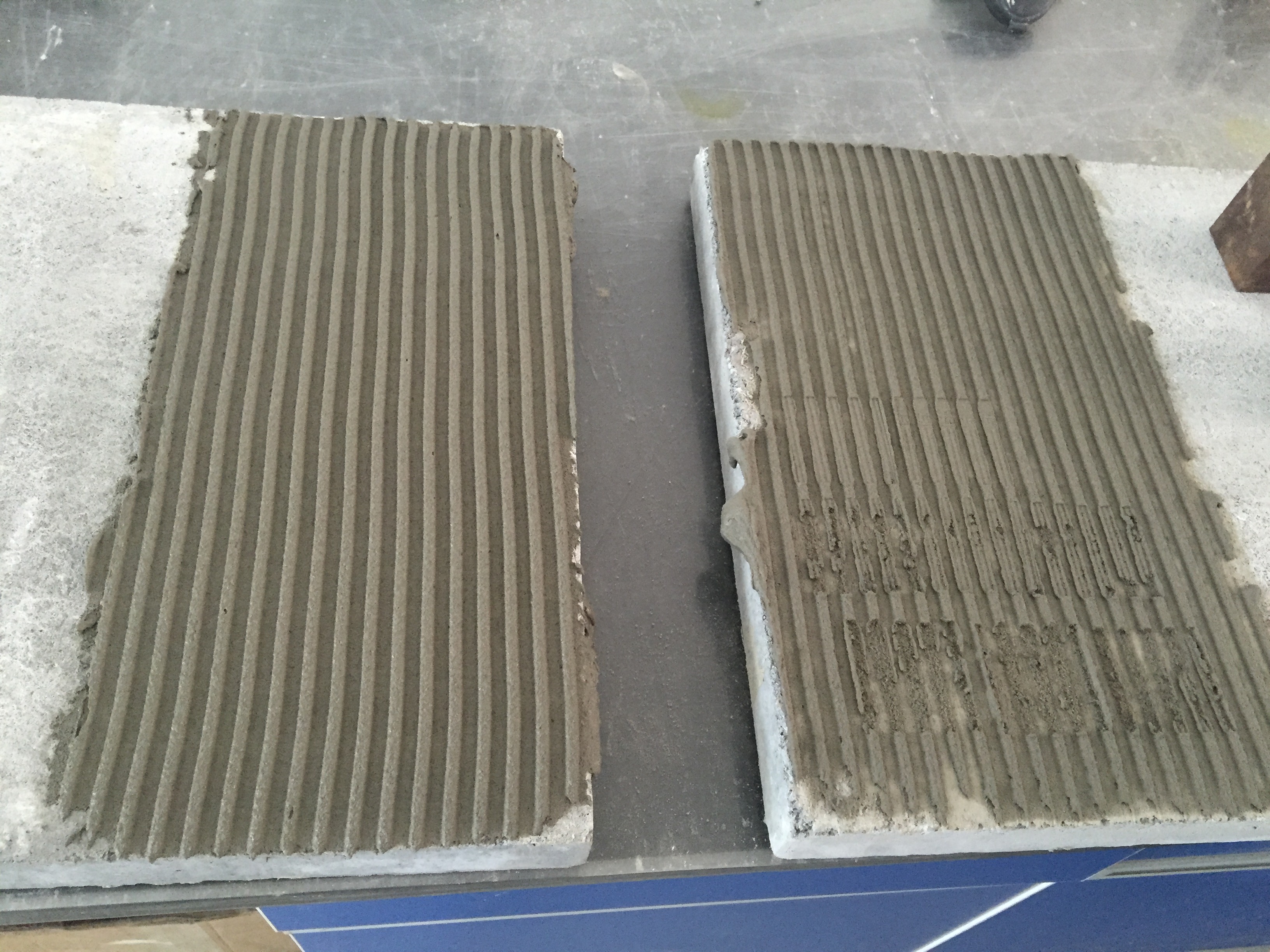MHEC (Methyl Hydroxyethyl Cellulose) is a cellulose ether widely used in the construction industry as a tile cement adhesive. The compound plays a vital role in enhancing the properties of tile adhesives, improving their performance and workability.
1. Introduction to MHEC:
Methylhydroxyethylcellulose (MHEC) is a nonionic cellulose ether derived from natural cellulose. It is produced by treating cellulose with alkali and then reacting with methyl chloride and ethylene oxide. The result is a water-soluble polymer with unique properties that make it suitable for a variety of applications in construction, with tile cement adhesives being one of its primary uses.

2. Characteristics of MHEC in tile cement adhesives:
Water retention:
MHEC is known for its excellent water retention properties. In tile cement adhesive formulations, this property helps maintain the correct consistency and workability of the adhesive over time. It prevents premature drying, allowing sufficient time for tile placement.
Thickening effect:
The thickening effect of MHEC is critical in preventing tile cement adhesives from sagging or slumping. It enhances the overall consistency and stability of the adhesive, ensuring it adheres well to vertical surfaces without slipping.
Improve adhesion:
MHEC improves adhesion by forming a strong bond between the adhesive and the tile. This is essential for a long-lasting tile installation, whether on walls or floors.
Increase opening hours:
Open time is the duration that a tile adhesive remains workable after application. MHEC’s extended opening hours provide installers with greater flexibility and ease of use during the tile laying process.
Better slip resistance:
Adding MHEC to tile cement adhesive formulations can enhance slip resistance. This is especially important for floor tiles, as slip resistance is a key factor in ensuring safety.

3. Application of MHEC in ceramic tile cement adhesives:
MHEC is widely used in a variety of tile adhesive formulations, including thin bed mortars, thick bed mortars and other cement-based adhesives. Its versatility makes it suitable for different types of tiles such as ceramic, porcelain, natural stone and glass mosaics.
Benefits of using MHEC in tile cement adhesives:
Enhanced workability: MHEC improves the ease of application and handling of tile cement adhesives.
Extended Durability: Improved adhesion and bonding properties contribute to the long-term durability of tile installations.
Versatility: MHEC is compatible with a variety of tile types, making it a versatile choice for a variety of applications.
Consistency: MHEC’s water retention and thickening properties ensure consistent performance of the tile cement adhesive.
Safety: The anti-slip properties provided by MHEC benefit floor tiles and help create a safer environment.
Methylhydroxyethylcellulose (MHEC) is a valuable additive in tile cement adhesive formulations with a range of properties that enhance their performance and durability. Its properties in water retention, thickening, adhesion, open time and anti-slip make it the first choice for construction professionals involved in tile installation. As the construction industry continues to evolve, the need for effective and reliable tile cement adhesives with MHEC is likely to continue.
